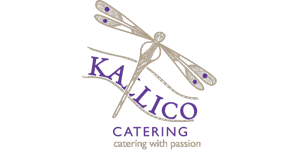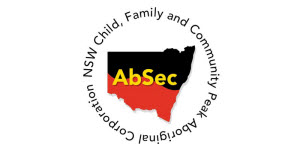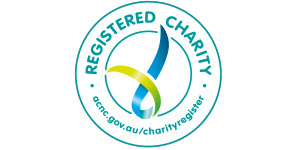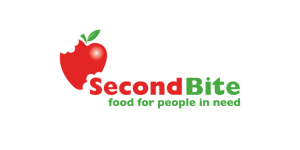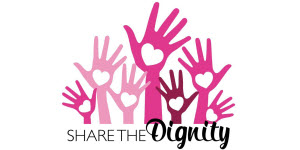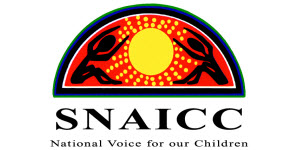Celebrating Aboriginal fathers
Father’s Day is a time for us to celebrate the Aboriginal fathers, grandfathers, uncles and carers in our community.
These men play a vital role in the lives of our children and young people, and it is important that we promote positive fatherhood and address both the barriers and opportunities facing Aboriginal men today.
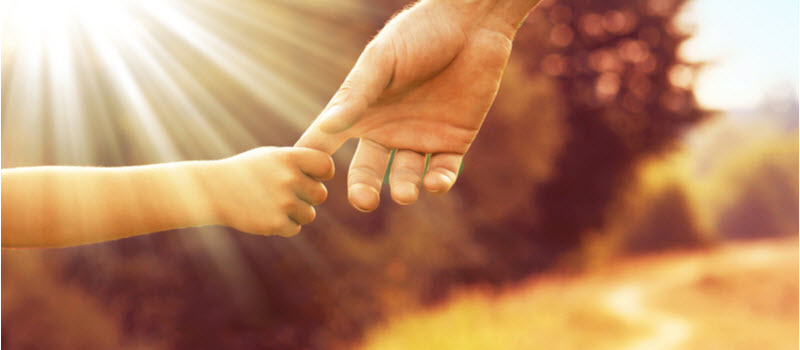
Let’s champion Aboriginal fathers
The transition from traditional parenting roles to more contemporary parenting practices has been difficult for many Aboriginal men.
Past policies and practices, like the Stolen Generation, destroyed families and left so many without fathers, or any understanding of fatherhood.
These policies, along with assimilation and modernisation, impacted our cultural parenting practices.
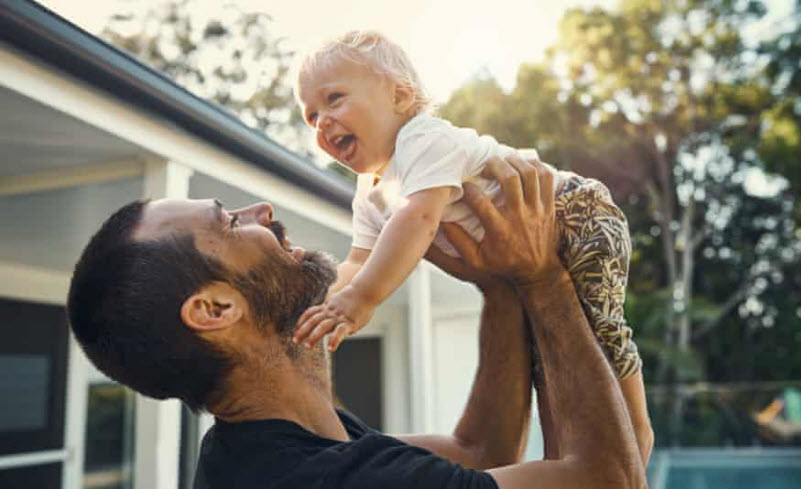
Regardless, our Aboriginal men still stand strong and it is important for fathers to be involved. Sometimes this can be difficult, as there has not always been enough support for men, but we need to shift our ways of thinking to better empower men as parents and help them develop more confidence in parenting.
We need to champion Aboriginal fathers as role models for our children and young people.
Strong fathers, strong families
Involving dads, pops, uncles and carers in child care is important for the health and wellbeing of our children and young people, as it can help strengthen their identity and build resilience. But being a good role model and building good relationships with children also has a positive effect on the men themselves, their partners and their communities – and has a strong intergenerational effect.
The Australian Government has established a number of programs and initiatives to support Aboriginal fathers, including the Strong Fathers Strong Families and the Strong Aboriginal Men’s Group programs.
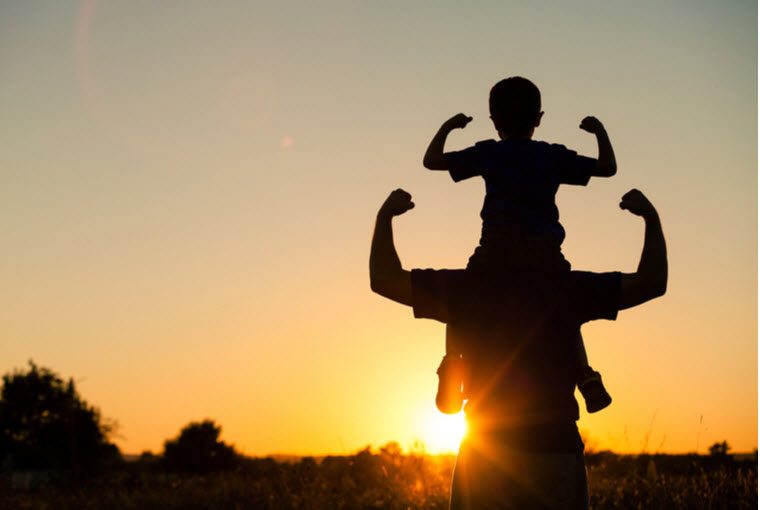
The Strong Fathers Strong Families program promotes the role of Aboriginal and Torres Strait Islander dads, pops and uncles to be healthy role models and engage fully in the child’s life as early as possible. It encourages them to contribute to the health and wellbeing of mums during pregnancy and help provide a nurturing and supportive family environment for the infant.
The Strong Aboriginal Men’s Group works with Aboriginal men to connect together and stand strong against domestic violence and child abuse within their communities. It also signifies Aboriginal men taking back their cultural responsibility to protect and keep women and children safe and to stand strong as cultural role models within the community.
These programs support men preparing for fatherhood as well as being strong fathers and partners. They offer our community group activities that promote positive, healthy, active fatherhood and grandfatherhood.
Boori classes and beyond
Uncle Ron Biggs, a Yorta Yorta Gunditjmara man, plays an active role in encouraging new or expectant Aboriginal fathers. He promotes boori (baby) classes for Aboriginal and Torres Strait Islander dads, so they can learn more about pregnancy and parenting.
He encourages us to advocate not just for fathers, but for all the Aboriginal and Torres Strait Islander men in our communities, to teach the younger generation about their culture, their people and their responsibilities.
We’re here to support you
Here at Narang Bir-rong Aboriginal Corporation, we understand that fathers and carers will encounter many ups and downs!
Our Family Preservation Program provides resources and supports to educate and empower parents and children, and our Foster Care Support Program provides assistance to all our carers.
Narang Bir-rong’s caseworkers and team of support workers are here to help you every step of the way.
Supported by




